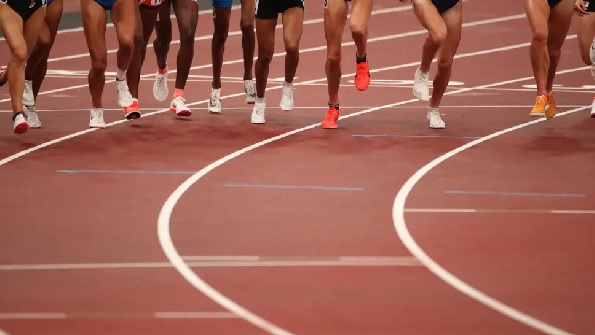From 1 September, athletes seeking to compete in the female category at world ranking competitions will be required to undergo a one-time gene test, according to the sport’s governing body, World Athletics.
The new regulation will apply to all World Athletics-sanctioned events, including the upcoming World Athletics Championships, scheduled for 13–21 September in Tokyo.
The test checks for the presence of the SRY gene, which resides on the Y chromosome and triggers the development of male biological characteristics. It can be conducted via a cheek swab or blood sample.
Athletes who test negative for the Y chromosome will be eligible to compete in the female category. Those who test positive will not be eligible for female competition at the world ranking level but may compete in non-ranking events or in another competition category.
This is a one-time, lifetime test, to be administered and overseen by national member federations.
“It is really important in a sport that is permanently trying to attract more women that they enter believing there is no biological glass ceiling,” said World Athletics President Lord Coe.
In a FAQ document published alongside the announcement, World Athletics stated the gene test is “extremely accurate” and that the likelihood of false positives or negatives is “extremely unlikely.”
World Boxing also approved the use of the SRY test in May when it introduced mandatory sex testing for all athletes.
“At the elite level, if you want to compete in the female category, you must be biologically female,” Coe added. “It was always very clear to me and the World Athletics Council that gender cannot trump biology.”
World Athletics initially approved the test in March as part of a broader effort to tighten eligibility regulations for transgender and athletes with differences of sex development (DSD).
In March 2023, World Athletics banned transgender women who had gone through male puberty from competing in the female category at international events.
A working group later recommended merging the regulations for DSD and transgender athletes, citing evidence that testosterone suppression “can only ever partly mitigate the overall male advantage in the sport of athletics.”
Under the current rules, DSD athletes are required to reduce their testosterone levels below a set threshold for at least six months to be eligible for international female competition.
Earlier in July, the European Court of Human Rights (ECHR) ruled that two-time Olympic gold medallist Caster Semenya had her right to a fair hearing violated by the Swiss Federal Supreme Court. The ruling stemmed from Semenya's 2020 appeal against World Athletics’ regulations that effectively barred her from competing.
Semenya, 34, was born with DSD and has been unable to compete in the 800m since 2019, when World Athletics introduced restrictions on testosterone levels for events ranging from 400m to one mile.
The ECHR case was filed against the Swiss government for failing to protect Semenya’s rights, not against World Athletics or its DSD policies.

